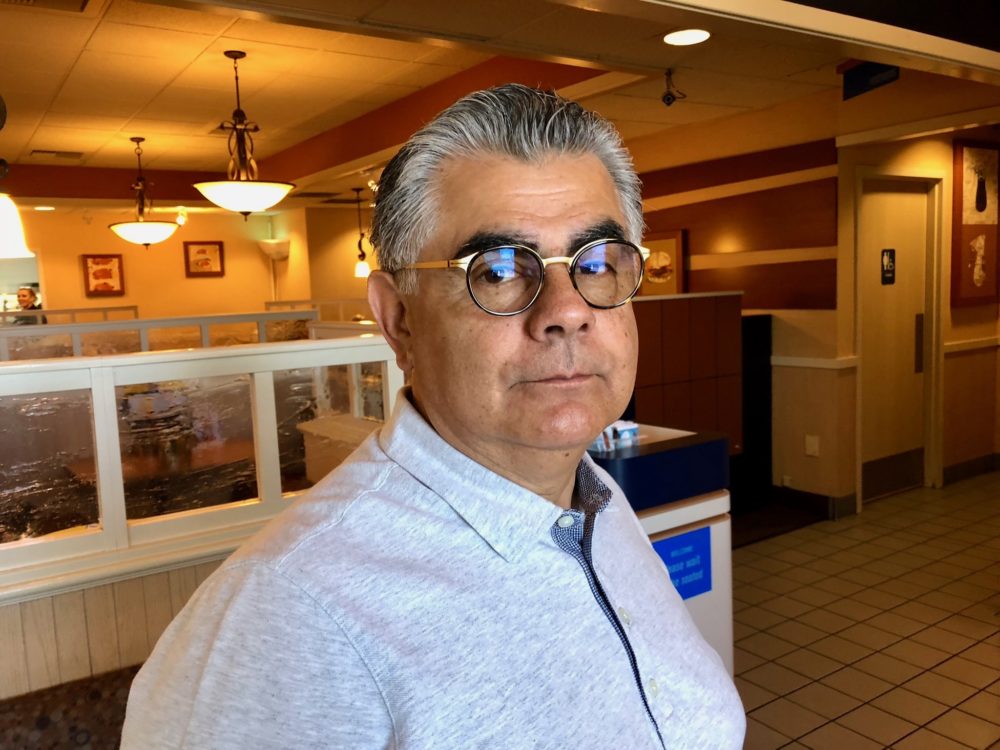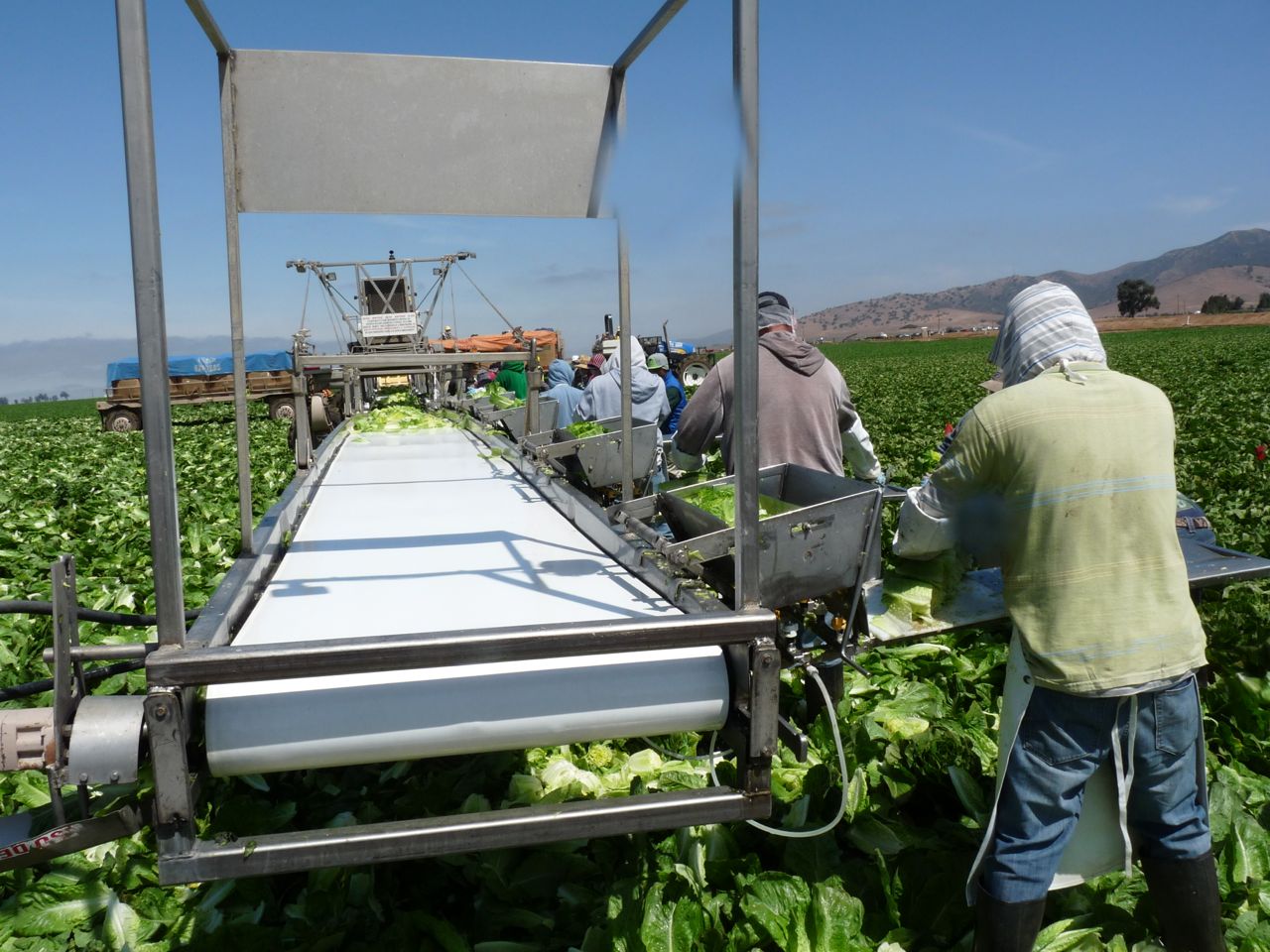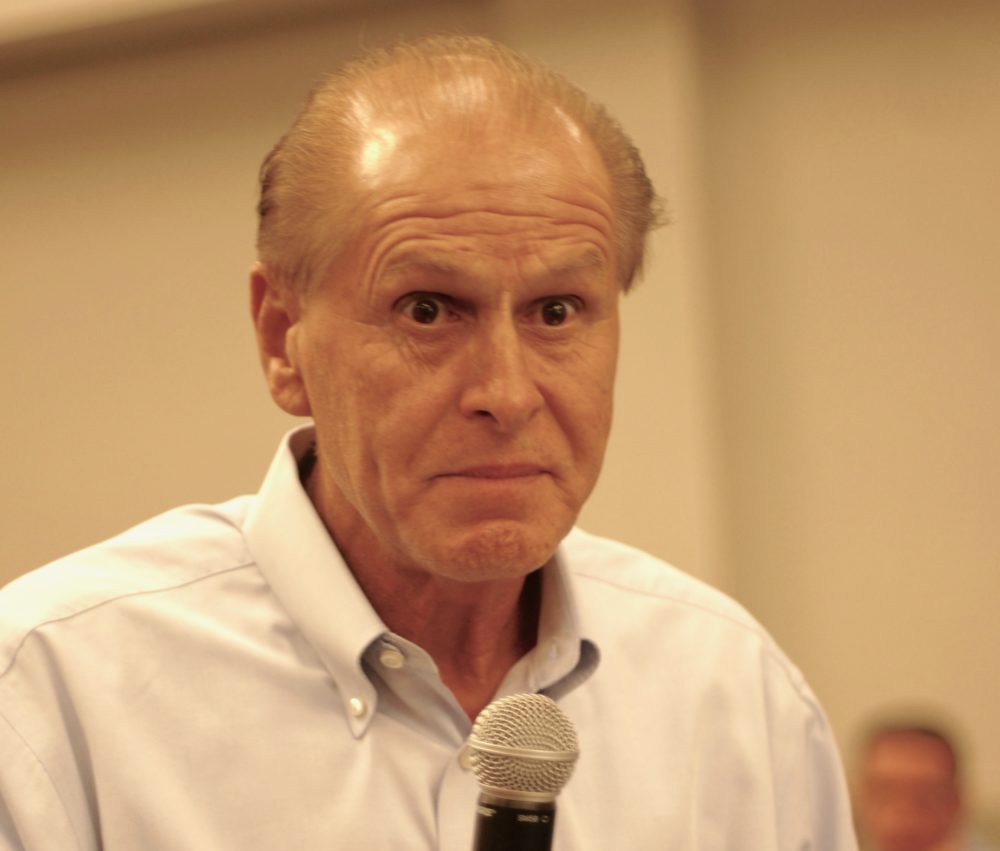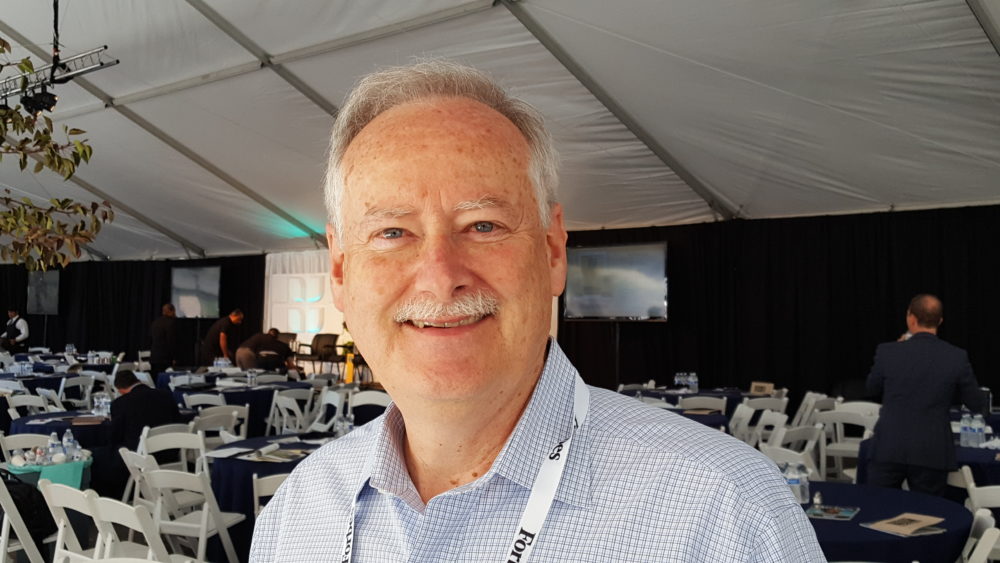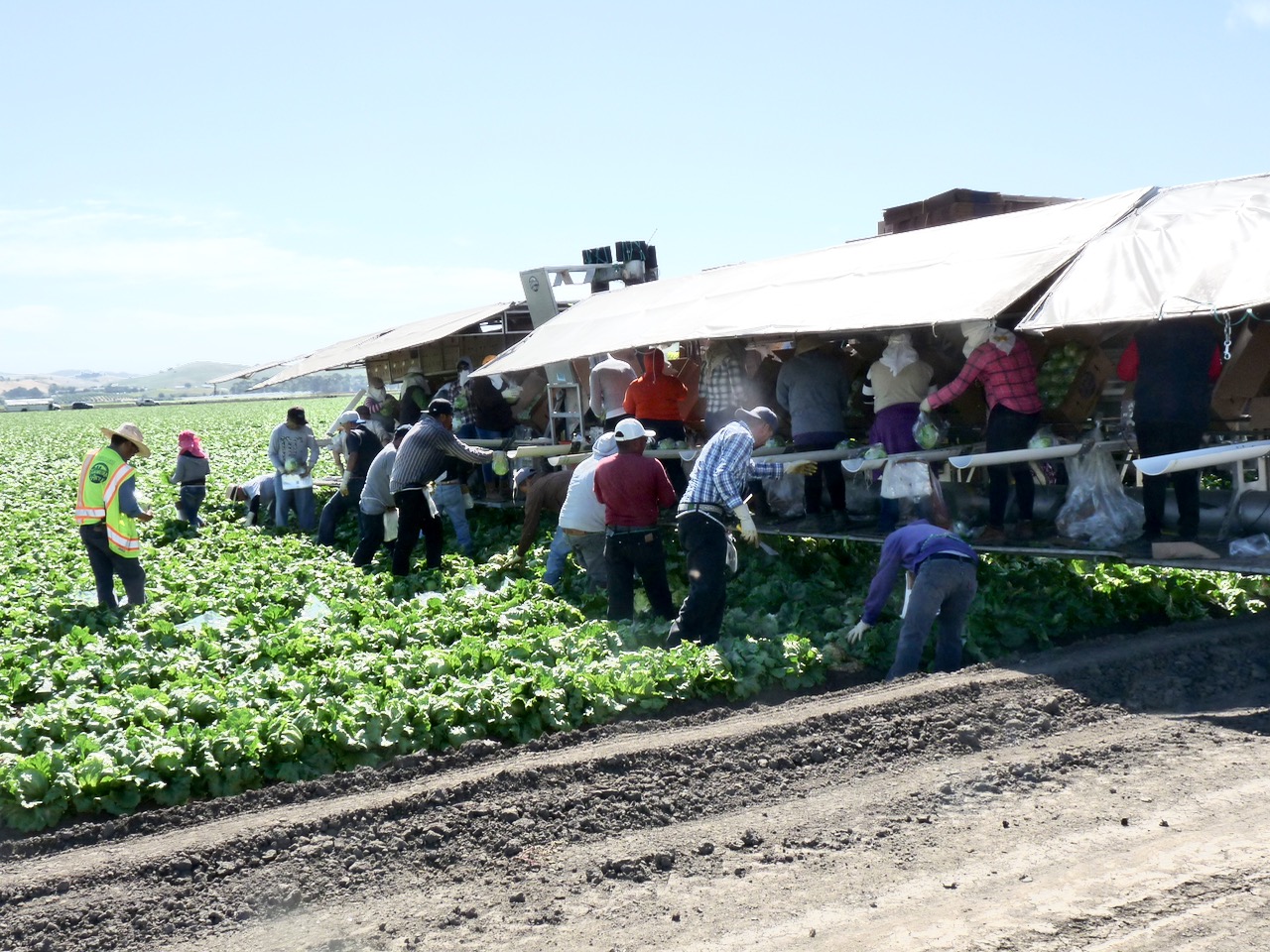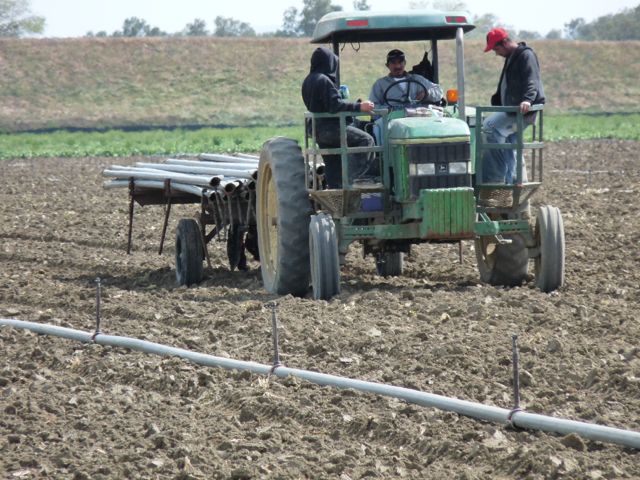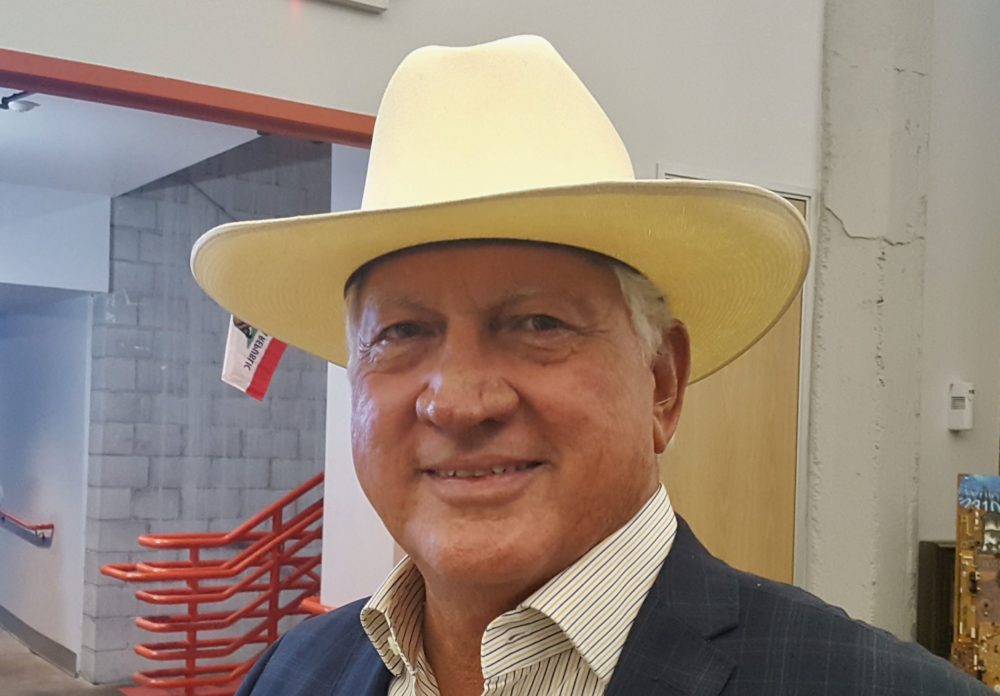Latinos’ Responsibility on Immigration Reform
Commentary on Latinos and Immigration Reform – 2 of 4 Parts
Latinos Have a Unique Challenge
By Arnoldo S. Torres with the National Institute for Latino Policy
We have a unique challenge as Latinos. We must provide a path to solving this public policy puzzle of immigration reform while avoiding the ugly attitudes and behavior that are rampant today. We must undertake a critical assessment of our tactics, strategies, activities, and words we use because words are essential not only on one side but all.
This self-critique is hard to undertake; it’s always easier to point the finger. Latinos have played a key role in not achieving what we say we seek: a practical, humane, efficient and fair immigration reform. There are aspects of this long and ugly road traveled that we must understand (from more than one point of view and experiences), discuss, dissect and correct if we are to bring about what we say we seek.
How I Learned About Immigration
My perspectives, ideas, and vision for humane, practical, fair and just immigration policy for this nation began to be developed 39 years ago in 1979. I had the honor of serving as the legislative director for the League of United Latin American Citizens (LULAC) in Washington, D.C. I had the privilege of working with a group of people from other nationally known organizations on the recommendations of the Select Commission on Immigration and Refugee Policy (SCIRP) for comprehensively reforming U.S. immigration policy. Law created the Commission in 1978, making it bi-partisan, and included four public members representing labor unions, local and state government, and the judicial branch.
It could not have been created nor efficiently functioning today because there is a dangerous lack of courage and leadership in Congress on both sides of the aisle. It appears, by their statements and actions, that the majority of Congressional members are incredibly ignorant of the dynamics surrounding U.S. immigration policy, the “push” and “pull” factors that cause people to take phenomenal risks. They have intentionally failed to read and comprehend the history of these factors that virtually color all immigrants to the U.S. with the same desperation, survival instincts, desires, and dreams.
These members have not elevated the tone of the emotionally-charged rhetoric or imagery, but intentionally over-simplified the complexities and motives of immigration movements. There are too many “aggrieved parties” who lack the desire to solve problems facing the nation unless they can satisfy the growing ideology and political silos on the right AND left! They follow a very narrow and faulty narrative on immigration.
I learned first-hand the many facets, difficult choices, and responsibilities associated with the realities surrounding immigration policy many years before my experience in D.C. I began working in the tomato fields of California agriculture at the age of ten. It was not a summer outing but a necessity. I had the responsibility of having to pay for my school clothes for the year, which was referred to as “la cosa Christiana” as my grandfather put it. My mother and uncles began work at an earlier age in Texas, younger than ten years old, while going to school.
Beginning at five years old, and every other year after until I was 28, I would visit relatives in Ciudad Delicias, Chihuahua, Mexico. I came to recognize early the sacrifices my grandfather made to cross the border at the age of 12 to work as a water boy on the railroads of Texas. At 17, he was able to bring his mother, brother, and sister to the U.S. Two generations of my family experienced a great deal of discrimination before I began to see and feel it when I was very young.
Political Parties and Media
Elected officials, from both political colors, express their concerns about the immigration polemic, defending or attacking one another, insisting that their positions are true and pure. Posturing for their ideological fan base is primary while facts and knowledge play a secondary role. There is a prevalent attitude of “don’t confuse me with the facts” because my base only wants “red meat” regardless of its quality. Both parties have made this issue so toxic by having it be more about politics than about policy, fairness and economic reality.
At such a crucial time for Latinos and the nation, we have two ill-prepared political parties who cannot rise to the challenge of what the world sees is the demise of the shining country on the hill. Liberals believe Democrats are better for us, but that is because Republicans care so little about us.
Making a significant contribution to this dynamic has been a President that began his campaign by revving up the deepest-seeded xenophobic characteristics of American nationalism. He has made it so much easier for this ugly side of nationalism to be manifested in the style of a Tucker Carlson show or commentary by the mean and hypocritical Ann Coulter or Laura Ingraham—all in the name of Making America Great Again.
Fox News churns out the type of stereotypes Hollywood used decades ago and even to this day about Latinos; they ignore facts and make sure that the Latino immigrant profile never deviates from the criminal, drug dealer, and threat to U.S. security and motherhood. The very people whose history in this nation includes organized crime, criminals in their countries of origin, and enemies against the U.S. in TWO world wars now sit in harsh judgment of us.
On the other side of the spectrum, we have Jorge Ramos of Univision forgetting that he is the journalist but behaves like a one-dimensional advocate. He is well intended and has become the darling of the political left in journalism.
You want a Latino to talk about immigration; the English media selects Jorge, who provides no real insight but ticks off the usual talking points. Then we have CNN, whose hosts and panels/guests discussing immigration are primarily non-immigrants and non-Latinos. The guests representing the left and the right say all the typical things but in a very chaotic format. They exhibit such intolerance for one another that it turns off the viewer and furthers the divide and ignorance.

